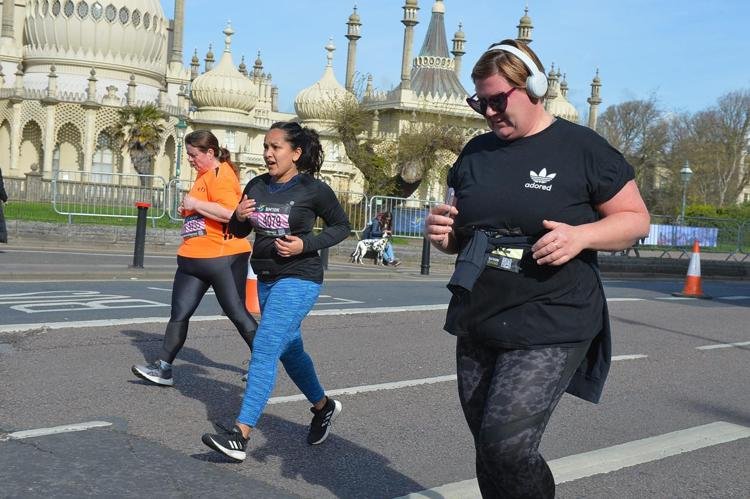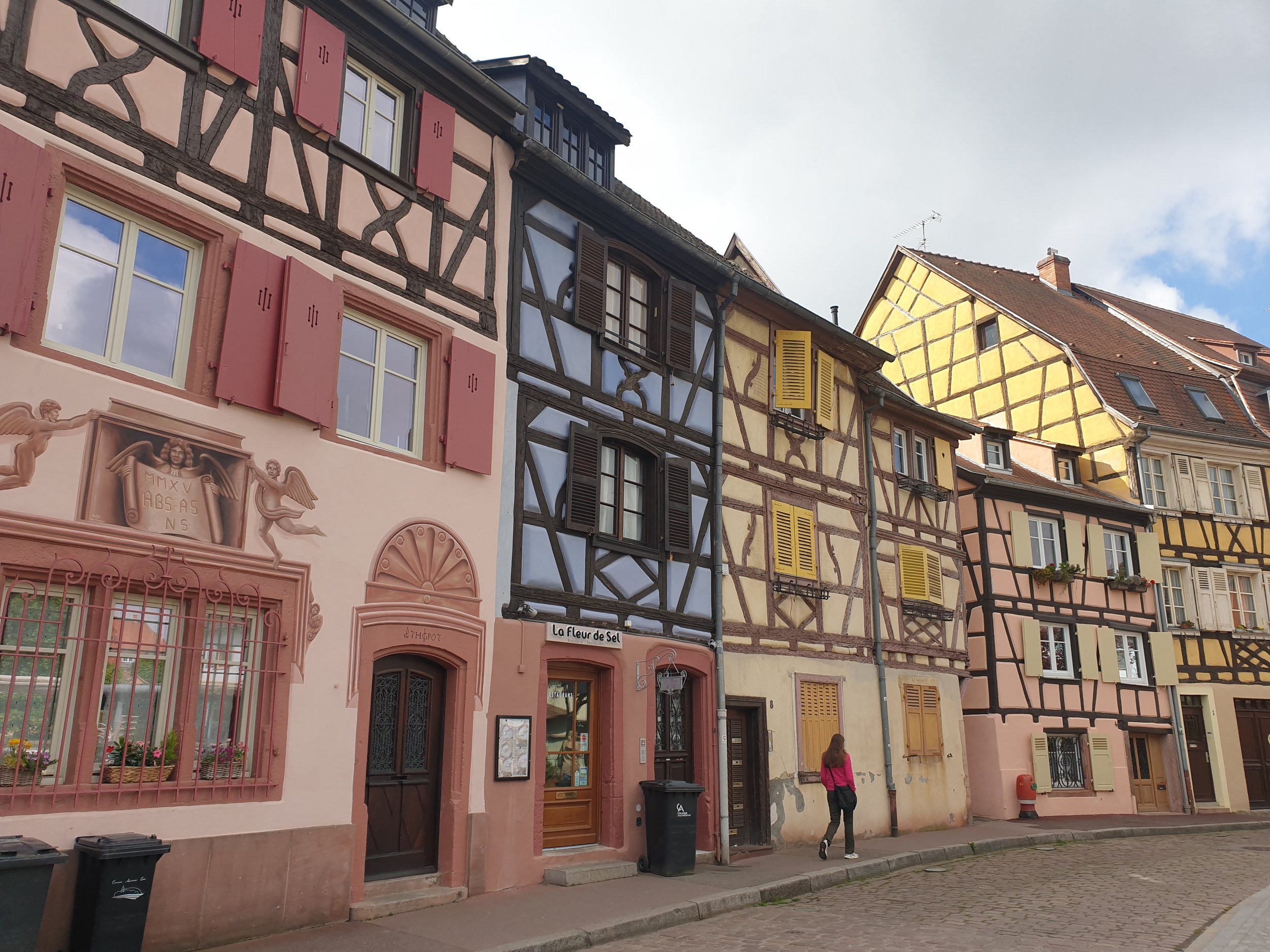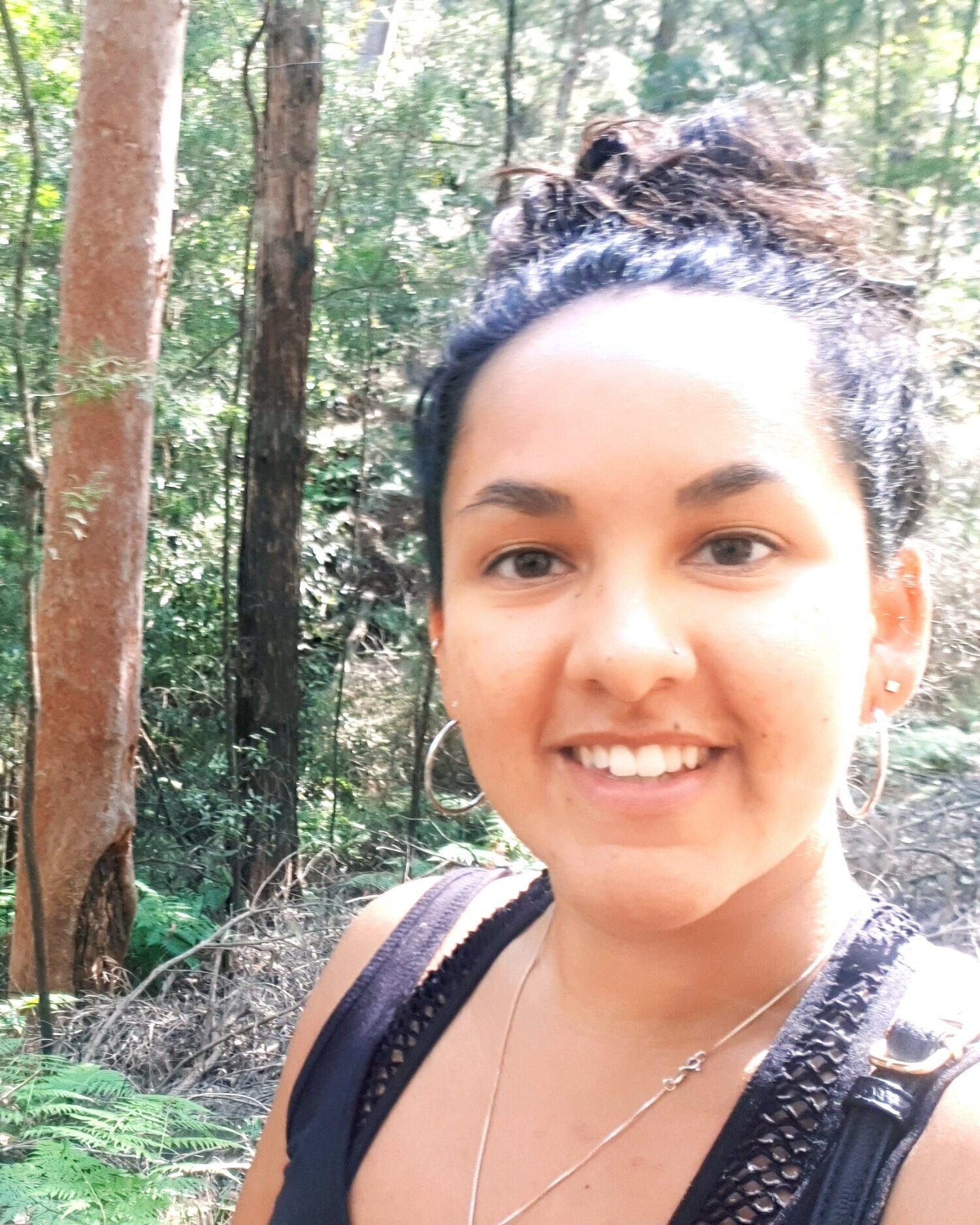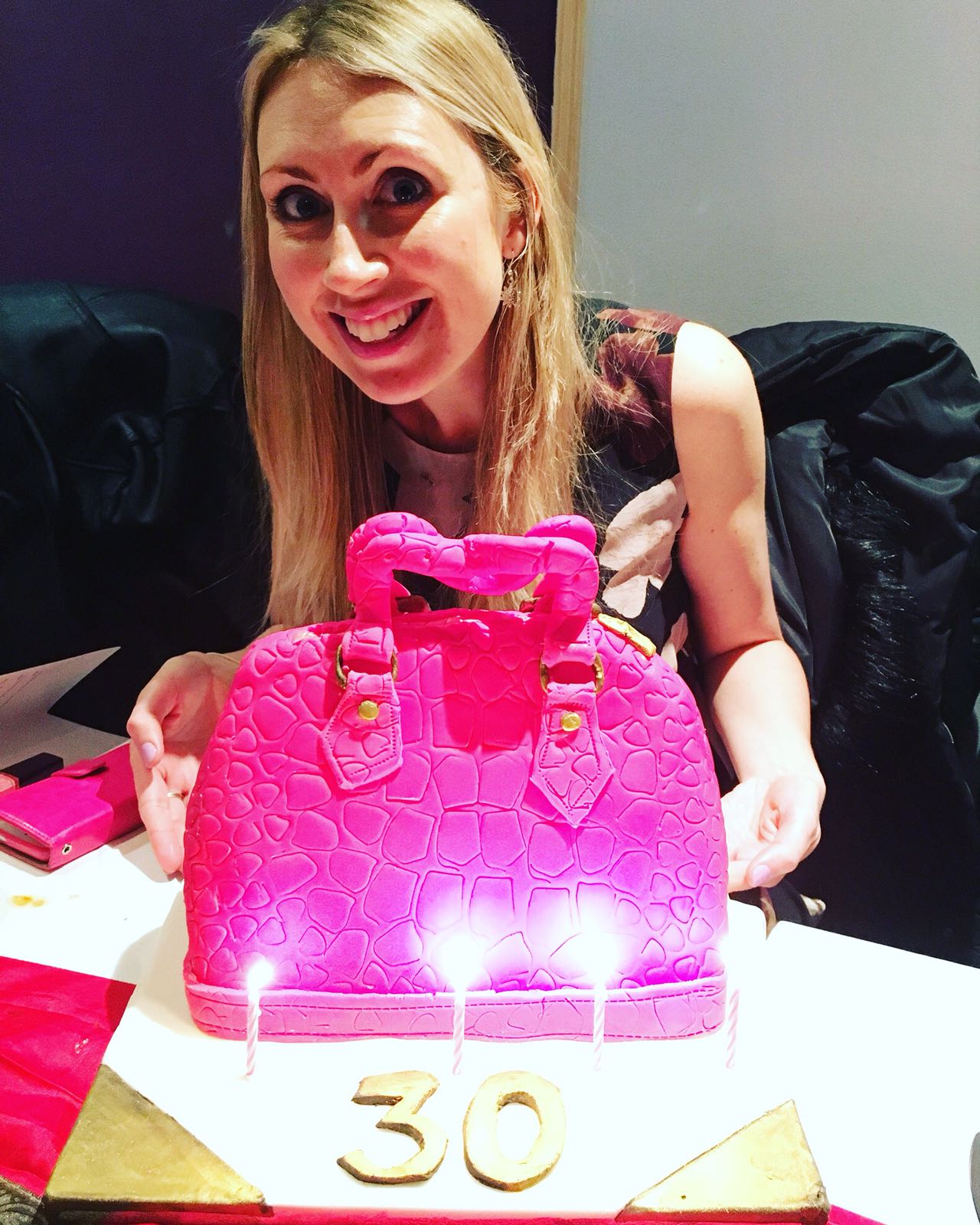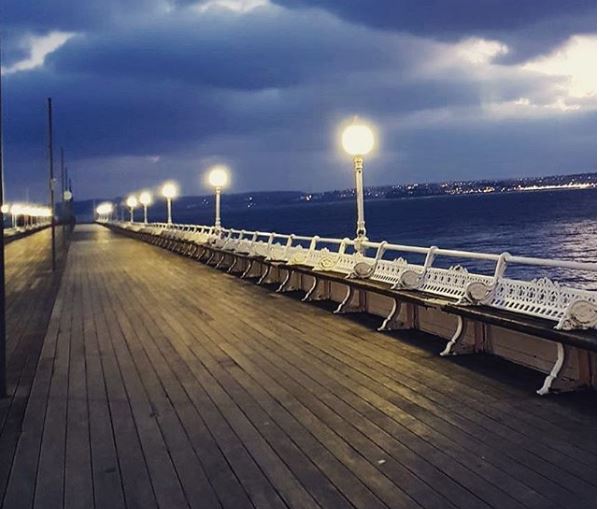FINAL COUNT: 27/30 - I blame the pandemic, haha - though 29/30 were achieved before my 31st birthday!
At age 21, I finished university and had my whole life ahead of me. What would it entail? What adventures would I go on? Who would I meet?
Personally, I’d always been big on both goals and lists, so I wrote a ‘30 before 30’ list of everything I wanted to achieve by May 2023. These were a mixture of life goals, travel goals and generally things I wanted to do, big or little. May 2023 sounded like the distant future, I couldn’t even fathom it at the time, but writing up this piece now (April 2022 for first publication), it seems very much around the corner.
Have a read below, and if ‘30 before 30’ (or ‘40 before 40’, ‘50 before 50’, ‘60 before 60’, and so on) sounds like something you’d like to do, GO FOR IT.
__
A little, slightly serious, disclaimer
It’s worth noting that, despite my jokes to friends and family, these goals aren’t about pressure, and I won’t spontaneously combust or hate myself if I don’t achieve them all by 30 - life happens, and we can’t plan for that. Also, this list with its little green ticks is a curated final product; the ‘best bits’ that I’ve chosen to present to the internet. This list is guided by my own circumstances and approach to life; ‘achievement’ looks different to different people, and sh*t will happen (and has happened, but doesn’t fit the jovial tone of the article I’m going for haha).
—
1. Take up piano playing again ✅
After playing the keyboard and piano for 11 years, aged 5-16, I just stopped for the next 13+ years. However, just after Christmas 2022, I bought a piano, two sheet music books and committed to playing on a semi-regular basis once again.
2. Ride a boat in Venice ✅
Completed on an interrailing trip around Italy, Switzerland, Austria and France with my best friend.
3. See the Colosseum in Rome ✅
Completed on a trip to Rome with my mum.
4. Visit 30 countries before I turn 30 ✅
Due to the pandemic removing around two years of international travel, I’ve had to be a little creative with this one:
I am counting the UK as three separate countries (I’ve not been to Northern Ireland)
I will include England as one of my 30, as I very much do explore outside of where I live
Technically, by my 30th birthday, I’ll have visited and explored 27 countries; however, I have been in transit in, and therefore on the soil of, three more countries - Turkey, Qatar and Dubai - technically taking me up to 30.
I’ve been to:
Australia. Austria. Belgium. Croatia. Cuba. Czechia. Denmark. England. France. Greece. Holy See. Hungary. Iceland. Indonesia. Ireland. Italy. Jamaica. Morocco. The Netherlands. Norway. Scotland. Singapore. Spain. Switzerland. Trinidad & Tobago. USA. Wales.
5. Buy a home ✅
Completed because of, and during, the pandemic - this was a HUGE deal for me. While I’ve been saving ‘for a rainy day’ every month since I got my first job - even if it was just putting £20 aside during tougher times - it wouldn’t have been achievable without the money I managed to save in the pandemic (working in Australia with the better wages, then working from home in the UK for all bar four months), and buying the property with my boyfriend. No pic for this entry though, because I’ve watched too many True Crime documentaries to put that out on the internet…
6. Live abroad ✅
Another pandemic-based activity, but it wasn’t meant to be one! I moved to Australia six weeks before everything properly kicked off. As a result, the ‘working holiday visa’ life (working, travelling, working, travelling) was not a possibility; so I lived like a regular resident in Sydney and the Blue Mountains. Read about my time there in the ‘Aussie Living’ section of my blog.
7. Experience Christmas in New York like my favourite festive films ❌
Been to New York, but in May! I will return at Christmas time one year…
8. Dance at a silent disco ❌
But I’m hoping to go to the one at the National History Museum this year - watch this space.
EDIT: Completed in 2024, just before my 31st birthday!
9. Go to a ballet or opera ✅
This entry was initially “see an opera at the Sydney Opera House”, but the pandemic thwarted that plan: the Sydney Opera House was closed for almost the entirety of the time I lived in the city (yes, how I kicked myself for not going in my first six weeks!) Instead, I went to see The Nutcracker at Christmas, here in the UK.
10. Experience a lantern festival ✅
I’d imagined this to be in an Asian country, but again, after two years away from international travel, this was pretty unachievable; so instead, I will honour the gorgeous lantern celebrations I’ve been to over the years, such as that at Chiswick House and the Lumineer London Light Festival.
11. Start towards my dream of writing copy for greeting cards ✅
Cards Inclusive, third row down
Forget just starting towards my dream; I launched my very own greeting card company, Cards Inclusive! The idea was borne during a Covid lockdown in the Blue Mountains, April 2020, and I officially launched it with two artists in October 2020. Since then, there have been many ups and downs, and a LOT of learning, and I’m so proud of my small business.
12. Go to an official sports game ✅
Completed at the London Lions vs Cheshire Phoenix quarter-final of the British Basketball League cup. With the level of basketball, music, half time entertainment, and cheerleaders, it felt like I was in the US!
13. Visit the fairytale town of Colmar in Alsace ✅
After stumbling across pics of Colmar at work once, I wanted to visit it ever since!
14. Learn how to swim properly ❌
Made a little progress with this in Singapore, but gonna book some proper swimming lessons this year to really tick this off. t
EDIT: started swimming lessons just two weeks after my 30th birthday, and now can do front crawl, breast stroke, and back stroke! Both a width and a length were achieved before 31st birthday.
15. Donate blood ✅
Completed on Easter Sunday 2023. I've wanted to give blood for the longest while and it felt good to be doing something that could potentially save someone's life, more so on a poignant day like Easter Sunday. The act of giving blood itself was absolutely fine - a pinprick to test iron levels and the needle going in like at a blood test - and you just chill and wiggle your legs for 5-10 mins. The pinprick was the most strenious of it all. Do make sure you have enough water and something sugary to hand; I did start to faint when I got up too quickly after the donation was complete, but it was nothing a little water and a KitKat couldn't fix. The staff were all so friendly and lovely, and next time, donation will be even quicker as they have all my history and details now.
16. Make a meal using spices and vegetables I’ve grown myself ✅
In Spring 2022, I started growing some of my own veg and herbs. I realise how many of those I chose to grow at different times and at different rates, so getting a meal with all of them would prove difficult. However, I have instead made lots of different meals with the various things I’ve grown. From a paella using the thyme I grew to home-grown rosemary on potatoes in a roast dinner. Pictured is a salmon stirfry, made using spring onions and mangetout I grew.
17. Eat at Dans le Noir✅
Completed in March 2023. I wanted to eat at this restaurant - where you’re in complete pitch black - since before this list was even conceived. Finally, about 14 years later, I finally had a two-course meal here. There’s no photo to accompany this entry as you can’t take in anything that causes light pollution. It was such a unique experience; at first, I found the sound in the pitch black rather overwhelming, but once the table to our right left the space, it was so much more enjoyable.
The food was actually very tasty (I thought it may not be and you were paying for the gimmick, but I was wrong!) and the whole experience of eating in the pitch back was humbling. I definitely regressed back to ‘baby’s first solid foods’ in my approach! I was in complete awe of our blind waiters and waitresses who moved around the space with ease.
18. Visit Iceland ✅
Iceland is genuinely one of the most beautiful, other-worldly places I’ve ever visited. Also, the coldest, because my two friends and I decided to go in January, when the sun doesn’t even rise until about 10.30am. My (wet) hair froze at one point.
19. Be in two places at once ☑️
When I originally made this list, I envisioned standing across two country borders. Instead, I headed to Greenwich to stand either side of the Meridian line - the centre of GMT time!
20. Start driving again ✅
I passed my driving test, aged 19… then didn’t drive ever again. I literally stepped out of the test car and didn’t drive for about 8 years. I couldn’t afford a car at uni, then after uni, moved into central London. Who is driving there? Taxis and then Ubers, that’s who.
However, after a little stop-start in 2021/2022, I consistently took five refresher lessons and practised with my partner, and finally, nearly 9 years to the day after passing my test, I drove with no one else in the passenger seat for the first time. Music on, sun out, I felt FREE. I’m committed to keeping driving now.
21. Go camping✅
In 2016, I put up my first ever tent (along with a friend) and stayed two nights in said tent at the Isle Of Wight Festival. Far from my usual home comforts - I’m a shower before bed kinda gal - I was surprised: I LOVED IT.
22. Go on a road trip✅
I have been a passenger princess on many long drives, heading for another town or city. Jervis Bay, Hunter Valley and Cowra, all in Oz; Edinburgh and Cornwall here in the UK. Snacks galore, singing, and a nap on the way back…
23. Complete couch to 5k ✅
Brighton 10k, April 2022
Just six weeks after moving to Australia, the pandemic and Covid regulations kicked off. Being told we were told not to mingle with people outside our circle was pretty isolating, when I'd just moved to a brand-new country and was yet to forge a circle outside my home. However, running was one thing I felt empowered to do on my own - where no one could see my slow pace! I’d literally never run in my adult life, and would always try and avoid it at school, so I found the couch to 5k extremely tough. After sticking with it, I was able to run 5k (with stops) just before I returned to the UK, then I leisurely kept it up. As of April 2022, I ran a 10k with no stops (though some fast walking)! This is something I never, ever imagined my body and little asthmatic lungs to be capable of, and I am immensely proud of my achievement.
24. Learn how to cook two of my favourite foods: roti and fried chicken ✅
Two very separate, but very tasty foods. I learned to make these on separate occasions, and while I’m still finessing my approach, I can do them!
25. Go on a hot air balloon ride ✅
Completed in the Hunter Valley, Australia.
26. Take part in a carnival in full costume ✅
Completed at Notting Hill Carnival, the biggest street carnival in Europe, by a package from Colours Carnival.
27. Do an ancestry test ✅
I’ve always classed myself as ‘mixed-other’ on forms. Three of my grandparents are from Trinidad, and one of my grandparents from England. My parents and I were born in England. However, within that, I knew there were Indian, Chinese and African influences too, just a couple more generations back. When I say I was not prepared for what came back from this, haha, I had to Google where some of the countries were! I have ancestors from every continent apart from Oceania, and the biggest country percentages in my heritage are Indian and Irish.
28. Ride a horse on the beach ✅
Completed in Byron Bay, Australia. We watched the sunrise, and saw a rainbow too; it was magical. A few weeks before, I rode a camel on the beach in Port Stephens, and it was one of my most favourite days in my life.
29. See Britney Spears live ✅
I’ve loved Britney Spears since age 5, avidly watching my ‘behind the scenes with Britney Spears’ VHS on repeat, and playing with my Britney Barbie, which sang Oops! I Did It Again when you pressed her belly button. Fast forward a couple of decades, and I got to see her live at Wembley. We now know she was forced by those in her conservatorship to do this tour, which does tarnish it a little.
30. Do a French language exchange ☑️
So, I’ve given this a tick, but a different colour, as it was achieved in a roundabout way. Like a few others on this list, the regulations as a result of the pandemic thwarted the full use of the nine/ten years to achieve these plans. I had wanted to go to France for a few weeks or months, live with a group of French people or a French family, and truly immerse myself in the French culture to improve my language skills. Unfortunately, there’s just not been the right time to do it. However, on my trip to Colmar, there were very few British tourists, and where I was staying, a little outside of the centre, there weren't many tourists full stop. I had to use my very basic French skills, hand gestures and the patience of the people I was speaking to convey what I was trying to say. Even in three days, my vocabulary expanded and my pronunciation of regularly used words improved.













